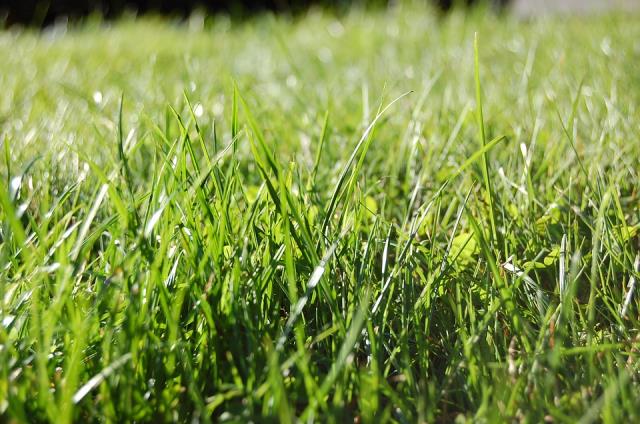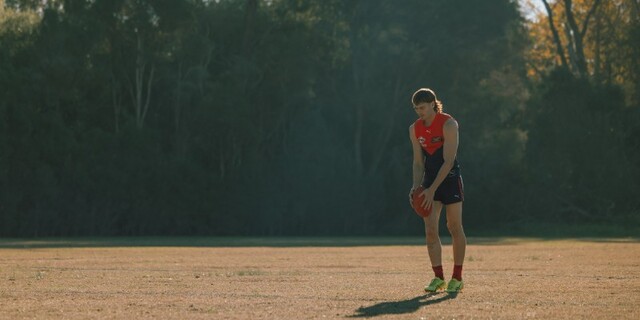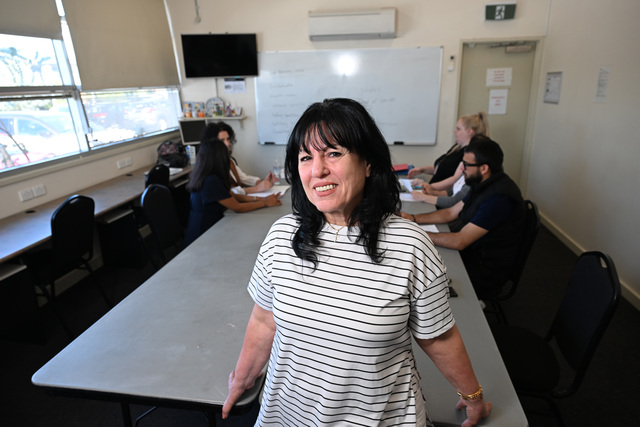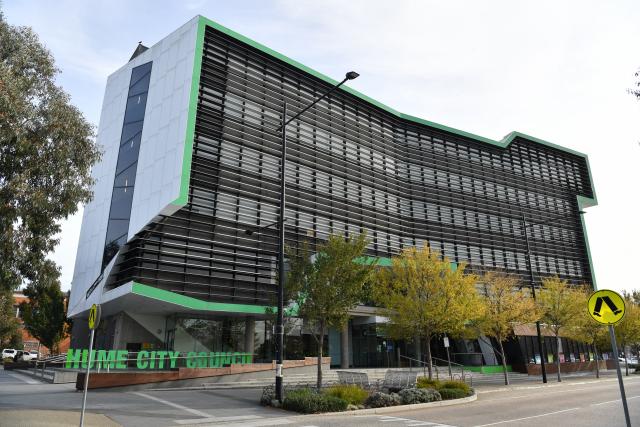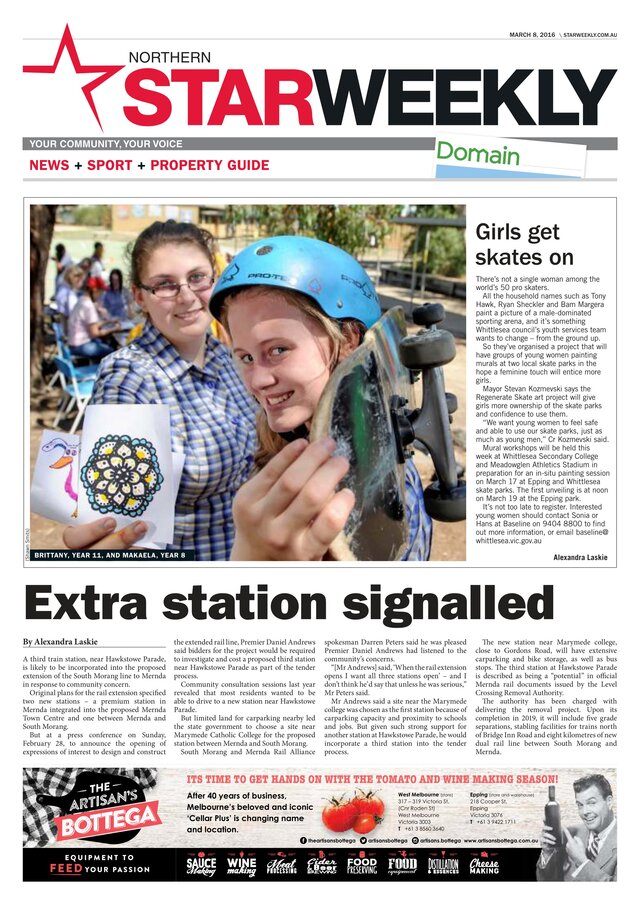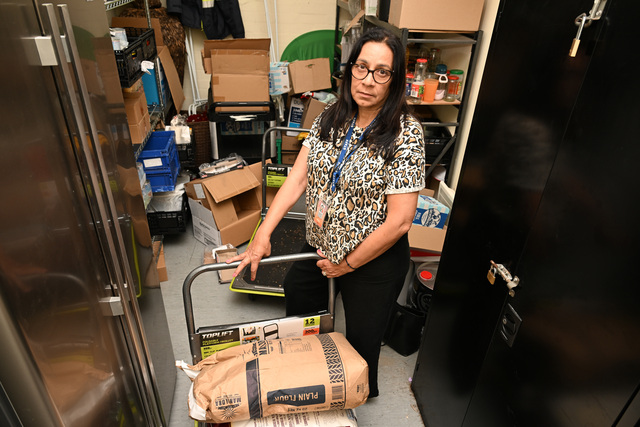A credit reporting agency has named Tullamarine-Broadmeadows as one of the regions in Victoria with the highest likelihood of businesses defaulting on loans in the next 12 months.
CreditorWatch’s Business Risk Index (BRI) analyses the credit information of more than 5000 registered Australian businesses across 300 regions to provide a snapshot of the best and worst performing regions for the month of September.
This month’s report reveals the risk of default over the next 12 months has increased in almost every measured region across Australia.
The three worst performing regions in Victoria were all in Melbourne’s outer north-west.
Melton-Bacchus Marsh businesses had the highest chance of default at 7.2 per cent, followed by Tullamarine-Broadmeadows at 7.04 per cent, and Wyndham at 6.84 per cent.
CreditorWatch chief executive Patrick Coghlan said business-to-business trade payment defaults showed a dip this month however, these remain well above levels seen in September last year during COVID, and are a lead indicator of future defaults.
“Payment defaults are hugely significant and are a key indicator of coming delinquency for the debtor. Approximately 25 per cent of businesses with a default end up in administration within 12 months,” he said.
“Additionally, it puts pressure on the supplier who will now have to shoulder that bad debt. A business with a trade payment default [is] seven times the default risk compared to a business with a clean payment record.”
CreditorWatch chief economist Anneke Thompson said the September BRI data broadly reflects the conditions of the wider economy, where trade activity is very strong, but medium- and longer-term risk is heightened.
“Markets are very reactive to any and all data points, both domestic and global, as businesses and investors try to get a read on what the global economy could look like in 2023. Central banks have been on a warpath against inflation for some months now, and there is growing fear that this could tip some economies into recession,” she said.



